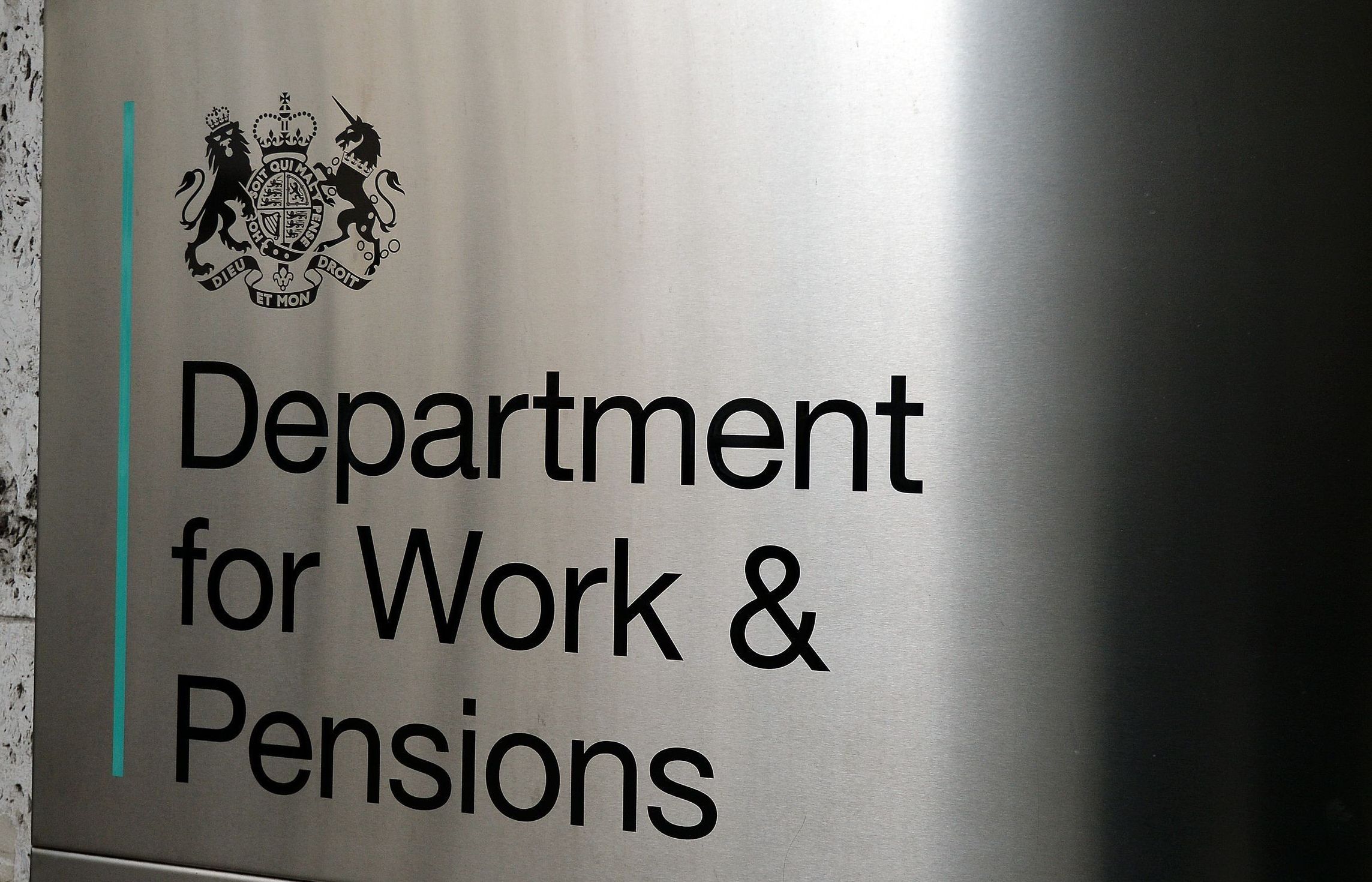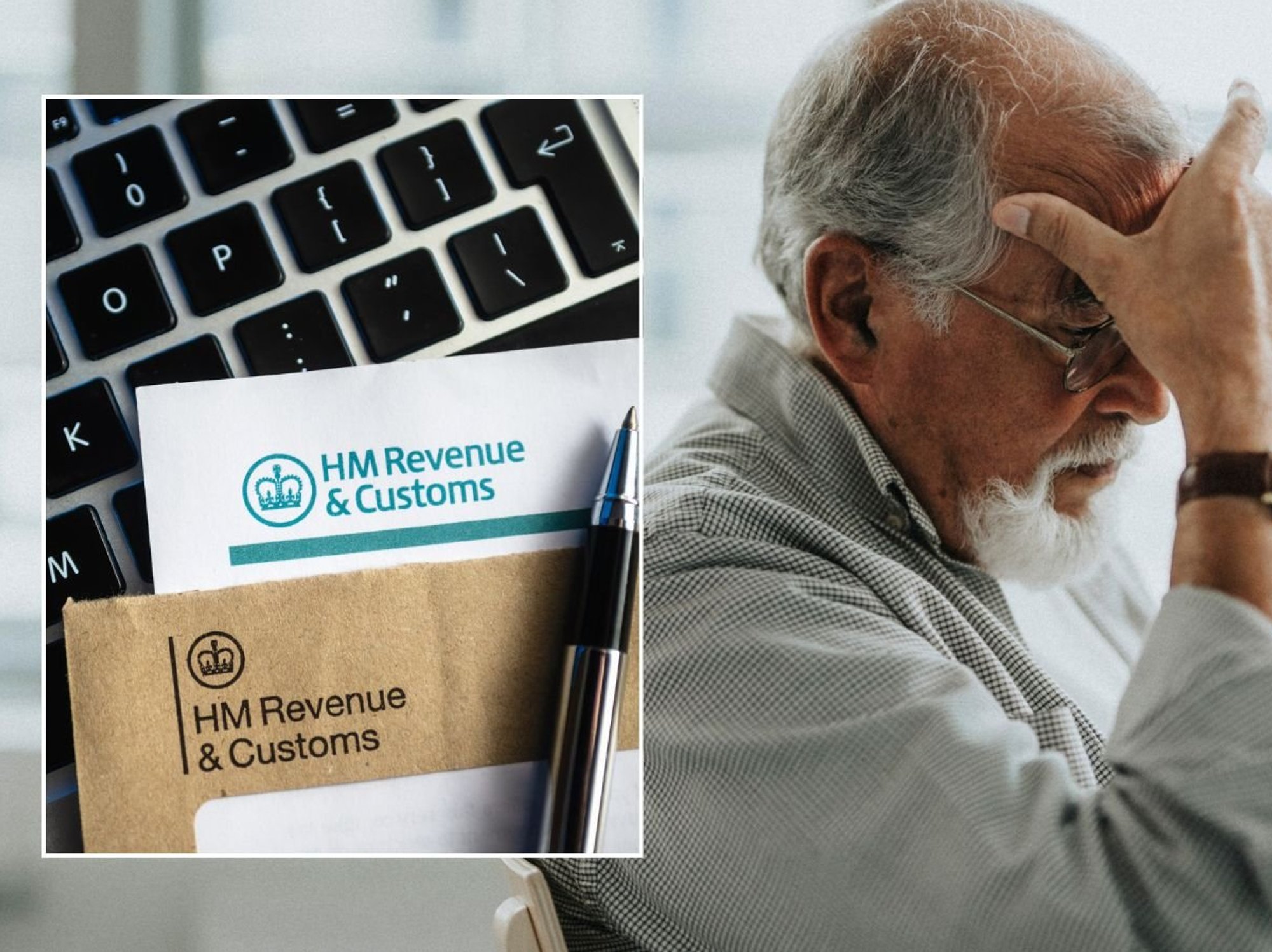Rachel Reeves' benefit crackdown to see thousands lose payments under new PIP rules - DWP unveils full list

Britons speak out ahead of Chancellor Rachel Reeves's Spending Review |
GBNEWS

Thousands are now expected to lose their payments under the Government's proposed change
Don't Miss
Most Read
Latest
Around 370,000 existing Personal Independence Payment claimants could lose their entitlement when their awards are reviewed during the 2029/30 financial year, the Department for Work and Pensions has revealed.
The figures emerge as the Government prepares to implement stricter eligibility rules from November 2026.
Following the Chancellor's Spending Review announced this afternoon, many vulnerable people may be wondering how these benefit cuts may affect them.
The DWP has identified which disability groups face the highest risk of losing payments under the proposed welfare reforms. Analysis of the 18 most common disabling conditions shows varying proportions of claimants who would fail to meet new criteria.
Minister for Social Security and Disability Sir Stephen Timms shared the findings in a written response to Liberal Democrat MP Victoria Collins.
The analysis examined claimants who scored below four points across all daily living activities.
 The Chancellor has ruled out further tax rises
The Chancellor has ruled out further tax rises The reforms will require new claimants to score at least four points in a single daily living activity to qualify for the daily living component of PIP.
This change, subject to parliamentary approval, will apply to new claims and award reviews from November 2026. The impact assessment estimates that 430,000 future PIP claimants will not qualify for the disability benefit once the reforms come into force. Those affected would lose an average of £4,500 each year.
Currently, claimants can qualify for the daily living component by accumulating points across multiple activities. The new requirement represents a significant tightening of eligibility criteria.
The reforms will not affect the mobility component of PIP. Payments will continue to be non-means-tested and rise in line with the September inflation rate.
The DWP analysis covers conditions including psychiatric disorders, musculoskeletal diseases, neurological conditions and respiratory diseases.
Each category shows the total number of claimants receiving the daily living component and how many scored less than four points across all ten daily living activities.
Here is a summary of the most common health conditions among PIP claimants, including the number of people in receipt of the daily living component and how many were awarded fewer than four points across all daily living activities as of January 2025:- Back Pain – 194,000 claimants, 154,000 (79 per cent) scored less than four points
- Arthritis – Out of 279,000 claimants, 13,000 (6 per cent) scored under four points
- Other Regional Musculoskeletal Diseases – With 136,000 claimants, 97,000 (71 per cent) scored under four points
- Chronic Pain Syndromes – From the 173,000 claimants, 97,000 (71 per cent) received under four points
- Cardiovascular Diseases – Among 61,000 claimants, 38,000 (62 per cent) fell below the four-point mark
- Respiratory Diseases – Of 83,000 claimants, 45,000 (55 per cent) tallied less than four points
- Multiple Sclerosis and Neuropathic Diseases – Of the 80,000 claimants, 38,000 (48 per cent) were given less than four points
- All Other Conditions – A total of 272,000 claimants, where 126,000 (46 per cent) scored less than four points
- Other Neurological Diseases – 97,000 claimants, with 35,000 (36 per cent) scoring less than four points
- Cerebrovascular Diseases – 56,000 claimants, with 19,000 (34 per cent) scoring less than four points
- Cancer – 70,000 claimants, with 23,000 (33 per cent) scoring less than four points
- Epilepsy – 36,000 claimants, with 11,000 (30 per cent) scoring less than four points
- Other Psychiatric Disorders – 90,000 claimants, with 25,000 (28 per cent) scoring less than four points
- Cerebral Palsy and Neurological Muscular Diseases – 47,000 claimants, with 11,000 (24 per cent) scoring less than four points
- Psychotic Disorders – 112,000 claimants, with 26,000 (23 per cent) scoring less than four points
- ADHD/ADD – 75,000 claimants, with 14,000 (19 per cent) scoring less than four points
- Autistic Spectrum Disorders – 206,000 claimants, with 13,000 (6 per cent) scoring less than four points
- Learning Disabilities – 188,000 claimants, with 7,000 (3 per cent) scoring less than four points
Sir Stephen Timms said: "Analysis of those who do not score four points in at least one daily living activity for Personal Independence Payment (PIP) has now been undertaken."
He added that the findings show "the volume of claimants with the 18 most common disabling conditions in receipt of the PIP daily living component in January 2025, as well as the volume and proportion of these claimants who were awarded less than four points in all 10 daily living activities."
The DWP notes that many claimants have multiple health conditions but only the primary condition is available for analysis.
Work and Pensions Secretary Liz Kendall has previously stated that more than 1,000 PIP claims are being awarded per day, making the case for welfare reforms to ensure the system is sustainable for the future.
The Government anticipates the number of PIP claimants will rise from the current 3.7 million to 4 million by the end of the decade. The DWP says the reforms aim to ensure the benefit's sustainability for future generations.
The proposed changes include increasing the number of face-to-face assessments. Most are currently conducted remotely over the phone, by video call, or are paper-based.
The DWP has launched an online consultation on the new proposals, which can be completed by anyone. The consultation remains open until 30 June 2025.

Thousands to lose benefit payments under Rachel Reeves' PIP crackdown
| PATimms has previously stated that those of State Pension age receiving PIP are "not expected to be affected by the proposed changes".
However, the DWP is still considering how the four-point minimum requirement will affect pensioners who report a change of circumstances.
In response to questions from SNP MP Chris Law, Sir Stephen explained: "In keeping with existing policy, people on state pension age are not routinely fully reviewed and will not be affected by these changes."
The DWP confirmed it is "considering further how the 4-point minimum requirement will affect claimants over state pension age who report a change of circumstances, and will provide further information in due course."
Latest data shows around 690,186 people aged between 65 and 79 were receiving PIP at the end of January.
More From GB News










